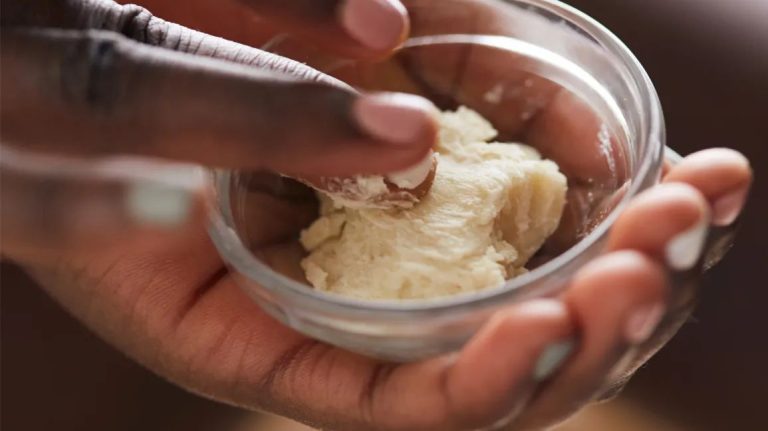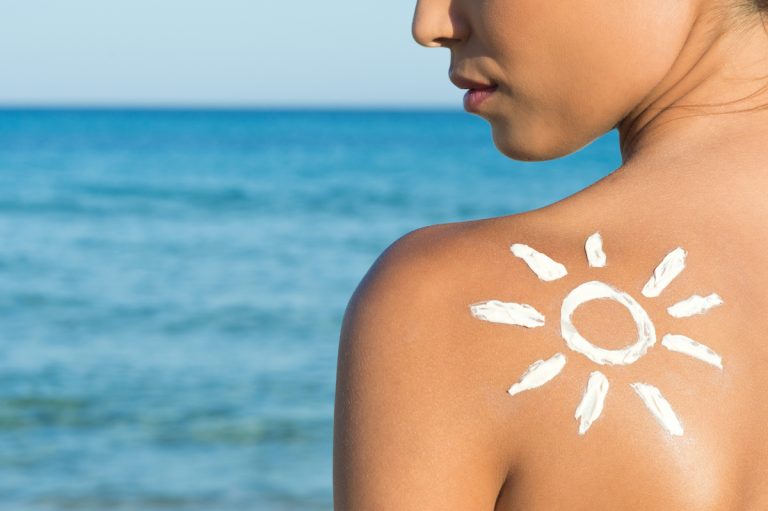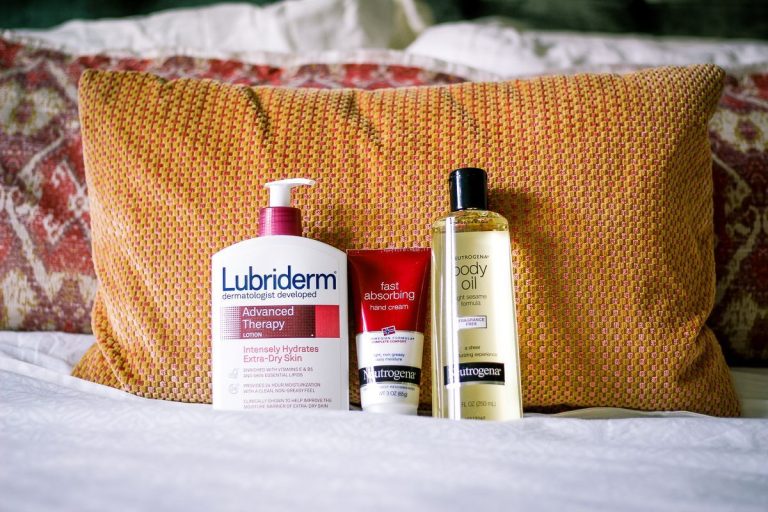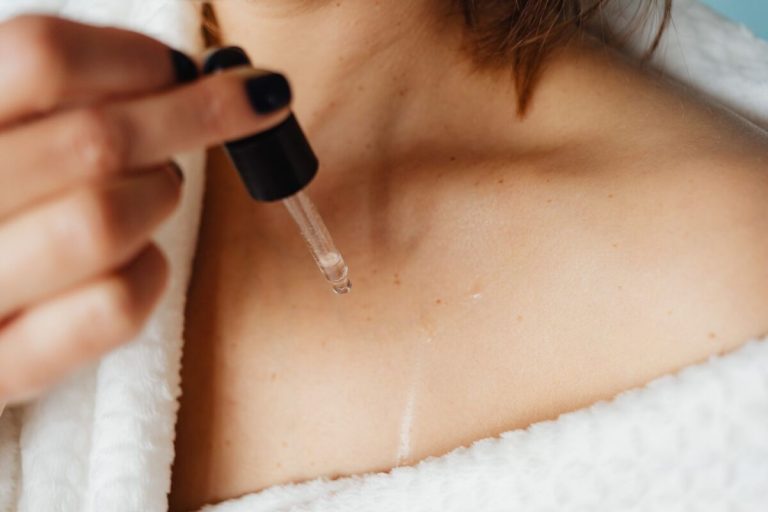Does Rubbing (Isopropyl) Alcohol Expire?
Isopropyl alcohol, more commonly known as rubbing alcohol, is a staple in medicine cabinets and homes around the world. The clear liquid typically comes in a plastic bottle and is used as an antiseptic for minor cuts and scrapes.
It’s also handy for sanitizing surfaces and disinfecting items like tweezers or scissors. But like many household products, rubbing alcohol doesn’t last forever.
I’ve noticed some bottles in my own home have been sitting untouched for a while. It made me wonder – does rubbing alcohol expire and go bad?
What happens if you try to use it past its shelf life? Is expired rubbing alcohol less effective or possibly unsafe? This article will cover everything you need to know about how long rubbing alcohol lasts and what to do with it when it’s past its prime.
How Long Does Isopropyl Alcohol Last?
Contents
- How Long Does Isopropyl Alcohol Last?
- How to Dispose of Expired Rubbing Alcohol
- Using Up Rubbing Alcohol Before It Expires
- How to Know When Your Rubbing Alcohol Expires
- How to Store Rubbing Alcohol
- How to Dispose of Expired Rubbing Alcohol
- Using Rubbing Alcohol Safely
- Alternatives to Rubbing Alcohol
- The Bottom Line
Rubbing alcohol has a shelf life and does expire over time. An unopened bottle stored at room temperature typically lasts between two to three years past the printed expiration date.
Once opened, the lifespan shortens due to evaporation each time it’s exposed to air. An opened bottle should retain potency for one to two years if correctly resealed and stored in a cool, dark place. Heat, light, oxygen, and bacteria will also speed up degradation.
Higher alcohol concentrations tend to have a longer shelf life. For example, 99% isopropyl alcohol may last around 4-6 years unopened versus 2-3 years for 70% concentrations.
What Happens When Rubbing Alcohol Expires?
Isopropyl alcohol breaks down over time due to natural evaporation and chemical reactions. As the active ingredient (isopropanol) evaporates into the air, the solution becomes less concentrated and less potent.
You may notice changes in the bottle over time – the liquid turning slightly yellow or brown, sediments forming, or the alcohol developing a rancid odor. Separation between water and alcohol layers is another sign your rubbing alcohol may be past its prime.
Expired rubbing alcohol is weaker at disinfecting and cleaning. Antimicrobial properties decrease as the alcohol concentration goes down. Using it for sanitizing medical instruments or skin is not recommended.
How to Dispose of Expired Rubbing Alcohol
Outdated isopropyl alcohol needs to be handled carefully to avoid environmental hazards. Check that the bottle is sealed and clearly labeled before disposal.
The best way is pouring it down the drain with lots of water to dilute. You can also allow it to evaporate by leaving the container open in direct sunlight. Be sure to take proper precautions like wearing gloves and avoiding sparks or open flames.
Never dump large amounts of concentrated rubbing alcohol. Corroded pipes may lead to leaks. Instead, dispose of it at a household hazardous waste collection site if available in your area.
Using Up Rubbing Alcohol Before It Expires
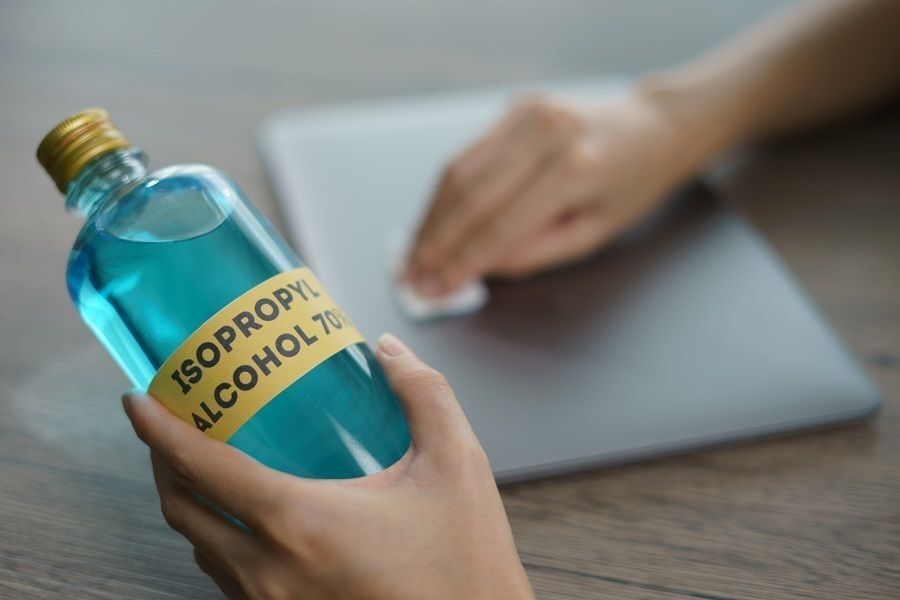
One of the best ways to get the most out of your bottle is to use it up before the expiration date. Concentrations between 70% and 90% work well for cleaning and disinfecting surfaces in your home.
Higher proof solutions above 90% can be used for electronics like cleaning computer keyboards or phone screens. You can also use diluted solutions before they expire for minor cleaning jobs, removing odors, or brightening jewelry.
How to Know When Your Rubbing Alcohol Expires
To identify if your bottle of rubbing alcohol is past its prime, start by looking for an expiration date printed on the label. This will typically be a month and year.
Check the appearance and smell too. If it’s discolored, cloudy, or has debris, it may be contaminated and unsafe to use. A strong odor could indicate chemical breakdown.
Finally, keep an eye on the volume. Evaporation over time will cause it to decrease faster in an expired product.
Can You Use Rubbing Alcohol After It Expires?
You may be able to use expired rubbing alcohol if it was stored properly in a cool, dark place. However, its effectiveness steadily declines over time.
Always inspect it carefully before use. If it has any changes in appearance, smell, or performance, it’s best to discard and purchase a fresh bottle.
Never rely on outdated rubbing alcohol for important medical or sterilization purposes. It’s not worth the risk when antimicrobial properties may be compromised.
How to Store Rubbing Alcohol
Proper storage extends the shelf life of isopropyl alcohol significantly. Here are some tips:
- Minimize air exposure by keeping the bottle sealed when not in use.
- Store in a cool, dry place away from direct sunlight and heat sources like appliances.
- Avoid temperature fluctuations – keep around room temperature if possible.
- Fill storage area with as little air as possible to reduce evaporation.
- Keep out of reach of children and pets.
How to Dispose of Expired Rubbing Alcohol
When your rubbing alcohol has expired, use caution when disposing:
- Dilute with water and pour small amounts at a time down the drain.
- Neutralize in direct sunlight before throwing out the container.
- Check for corrosion and leaks to avoid environmental hazards.
- Never dump concentrated or large amounts of expired rubbing alcohol.
Using Rubbing Alcohol Safely
Whether expired or not, keep these safety tips in mind when using rubbing alcohol:
- Never ingest rubbing alcohol – this can be toxic.
- Use in well-ventilated area and avoid inhaling fumes.
- Prevent contact with eyes, mouth, open wounds.
- Keep away from heat, sparks, and open flames.
- Wash hands before and after use.
- Keep out of reach of children and pets.
Alternatives to Rubbing Alcohol
If you don’t want to deal with the expiration date, there are some great natural alternatives to rubbing alcohol:
- White Vinegar – Disinfects and cleans without harsh fumes or chemicals.
- Hydrogen Peroxide – More powerful antiseptic with longer shelf life.
- Witch Hazel – Astringent properties to clean skin naturally.
- Lemon Juice – High acidity cuts grease and brightens.
The Bottom Line
Properly stored, unopened rubbing alcohol can last around 2-3 years past its printed expiration date. An opened bottle has a shorter shelf life of 1-2 years.
Check expiration dates on the label to ensure effectiveness. Discard if you notice changes in appearance, odor, or performance.
Always take safety precautions when using and disposing of rubbing alcohol. Be mindful of proper dilution, ventilation, and storage away from children and pets.
Overall, it’s better to err on the side of caution when dealing with expired rubbing alcohol. When in doubt, toss it out and get fresh bottle.

Founded by Sophia Rodriguez, IGXO Cosmetics is a PETA-certified, cruelty-free, and vegan makeup brand.

